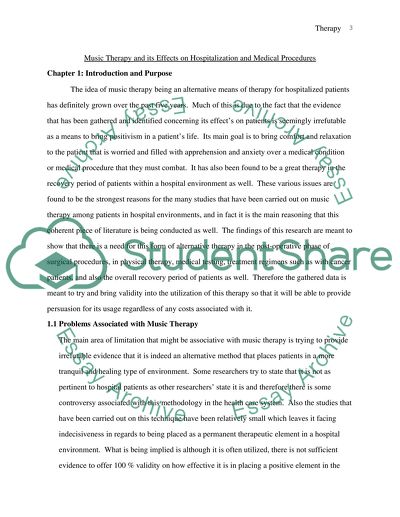Cite this document
(“Music Therapy and its Effects on Hospitalization and Medical Essay”, n.d.)
Music Therapy and its Effects on Hospitalization and Medical Essay. Retrieved from https://studentshare.org/miscellaneous/1523752-music-therapy-and-its-effects-on-hospitalization-and-medical-procedures
Music Therapy and its Effects on Hospitalization and Medical Essay. Retrieved from https://studentshare.org/miscellaneous/1523752-music-therapy-and-its-effects-on-hospitalization-and-medical-procedures
(Music Therapy and Its Effects on Hospitalization and Medical Essay)
Music Therapy and Its Effects on Hospitalization and Medical Essay. https://studentshare.org/miscellaneous/1523752-music-therapy-and-its-effects-on-hospitalization-and-medical-procedures.
Music Therapy and Its Effects on Hospitalization and Medical Essay. https://studentshare.org/miscellaneous/1523752-music-therapy-and-its-effects-on-hospitalization-and-medical-procedures.
“Music Therapy and Its Effects on Hospitalization and Medical Essay”, n.d. https://studentshare.org/miscellaneous/1523752-music-therapy-and-its-effects-on-hospitalization-and-medical-procedures.


